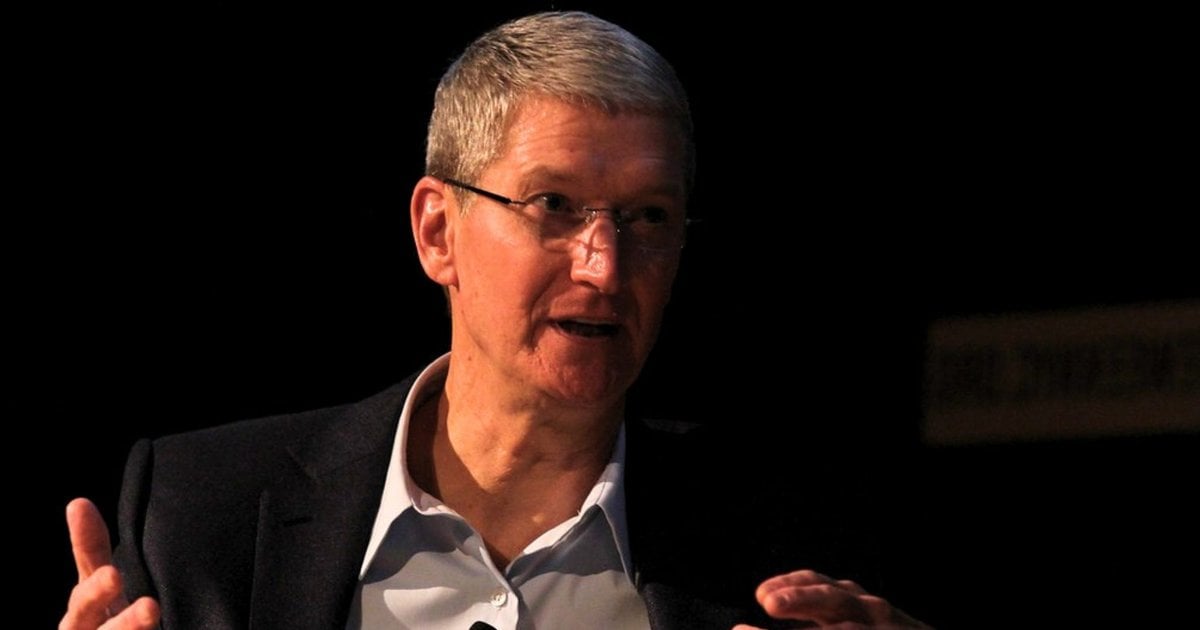Can Apple’s AI ‘Answer Engine’ Rival Chatbots Like ChatGPT? – Technology Magazine

After months of indecision, Apple has made its intentions clear: it is preparing to create its own AI-powered chatbot.
According to Bloomberg, Apple has assembled a new team to build what it calls an “answer engine”, akin to OpenAI’s ChatGPT.
Since ChatGPT’s launch in 2022, Apple has been playing catch up, but the firm’s internal AI development team has thus far been unable to produce anything that can match the sector’s most popular Gen AI tools.
The iPhone manufacturer’s lacklustre performance compared to rivals Meta and Google has frustrated its investors.
As a result, the firm was heavily considering partnering with either OpenAI or Anthropic to develop a revamped version of Siri, although the forecasted outlays proved too large to proceed.
Then there was also the idea of buying an AI superpower outright. Perplexity, one of the world’s most popular chatbot companies, was — and likely remains — a target.
But with the news that Apple is determined to develop its technologies in-house, the outlook for Tim Cook and co. could be very different going forward.
Apple’s current AI approach centres around Apple Intelligence, which focuses on practical tasks like summarising notifications and cleaning up photos.
But there’s a glaring gap in the technology’s search capabilities.
Siri remains frustratingly inconsistent at answering basic questions, often punting users to generic Google searches or handing off queries to ChatGPT through a stripped-down interface.
This becomes particularly irksome when using screen-less devices like the HomePod, where users expect seamless voice interactions.
The reality is that tools like ChatGPT have proven their worth far beyond Apple’s initial scepticism.
People rely on these platforms for everything from complex mathematics to creative brainstorming, with many web surfers now treating them as their go-to search engine.
Enter Apple's newly formed "Answers, Knowledge and Information" (AKI) team, led by Senior Director Robby Walker.
Robby, who previously oversaw Siri before engineering delays cost him that role, is now spearheading the development of this initiative, along with several former members of the Siri team.
The team is building what it describes as an "answer engine" — a system capable of crawling the web to respond to general-knowledge questions.
Current plans include:
Recent job postings on Apple's careers site offer telling clues about the project's scope.
If these listings are anything to go by, the company is specifically looking for candidates with "experience with search algorithms and engine development" to help shape "the future of how the world connects with information".
As things stand, Apple currently receives around US$20bn every year from Google to maintain its position as the default search engine on Apple devices.
However, this lucrative deal is the subject of mounting pressure from US regulators, who are expected to force an end to this deal on the grounds of antitrust in the near future, potentially costing Apple billions.
By launching its own “answering engine” the Cupertino-based company will hope to counteract this shortfall by funnelling users through their own system.
According to Bloomberg, Apple’s services growth remains closely tied to the Google partnership, making alternative revenue streams increasingly vital.
Meanwhile, the search landscape itself is evolving rapidly.
Gen AI has democratised the market, with tools like ChatGPT offering conversational experiences that go far beyond traditional keyword queries.
Even Apple’s head of services, Eddy Cue, has testified in court that AI-based search represents the future, confirming the company’s exploration of partnerships with start-ups like Perplexity.
The push into the search sector comes amid some strong turbulence within Apple’s AI ranks.
The company’s Foundation Models team — responsible for developing large language models that power generative AI — has suffered some significant losses in personnel in recent months.
Four key researchers have departed for Meta’s new superintelligence lab in the past month alone, including team creator Ruoming Pang and multi-model development lead Bowen Zhang.
Meta’s offer of “several times” their Apple salaries, combined with promises to work on more advanced technology, seems to have proven irresistible.
The exodus reflects internal struggles within Apple Intelligence, with the foundation models team reportedly blamed for the platform’s limitations.
Despite the ambitious plans, a finished product remains “far off” according to industry observers.
Apple’s approach will likely emphasise privacy and integration with existing services rather than the standalone chatbot model favoured by competitors.
Its track record suggests that any rollout will be measured, with extensive testing across hundreds of devices worldwide before any public launch.
What’s clear, though, is that Apple can no longer afford to sit on the side lines when it comes to AI.
Right now, the question isn’t whether Apple will enter the chatbot market, but how quickly it can catch up to its rivals, many of whom have had years to refine their technology while Apple has been stalling.
“In the competitive AI landscape, Apple is signalling it’s ready to reclaim control over its AI destiny,” says Sarath Nair, Data & AI Director at Cognizant.
In the fast-moving world of AI, it appears that even Apple’s legendary perfectionism — inherited from its talismanic former leader, Steve Jobs — has its limits.
Technology Magazine connects the leading technology executives of the world's largest brands. Our platform serves as a digital hub for connecting industry leaders, covering a wide range of services including media and advertising, events, research reports, demand generation, information, and data services. With our comprehensive approach, we strive to provide timely and valuable insights into best practices, fostering innovation and collaboration within the technology community. Join us today and shape the future for generations to come.